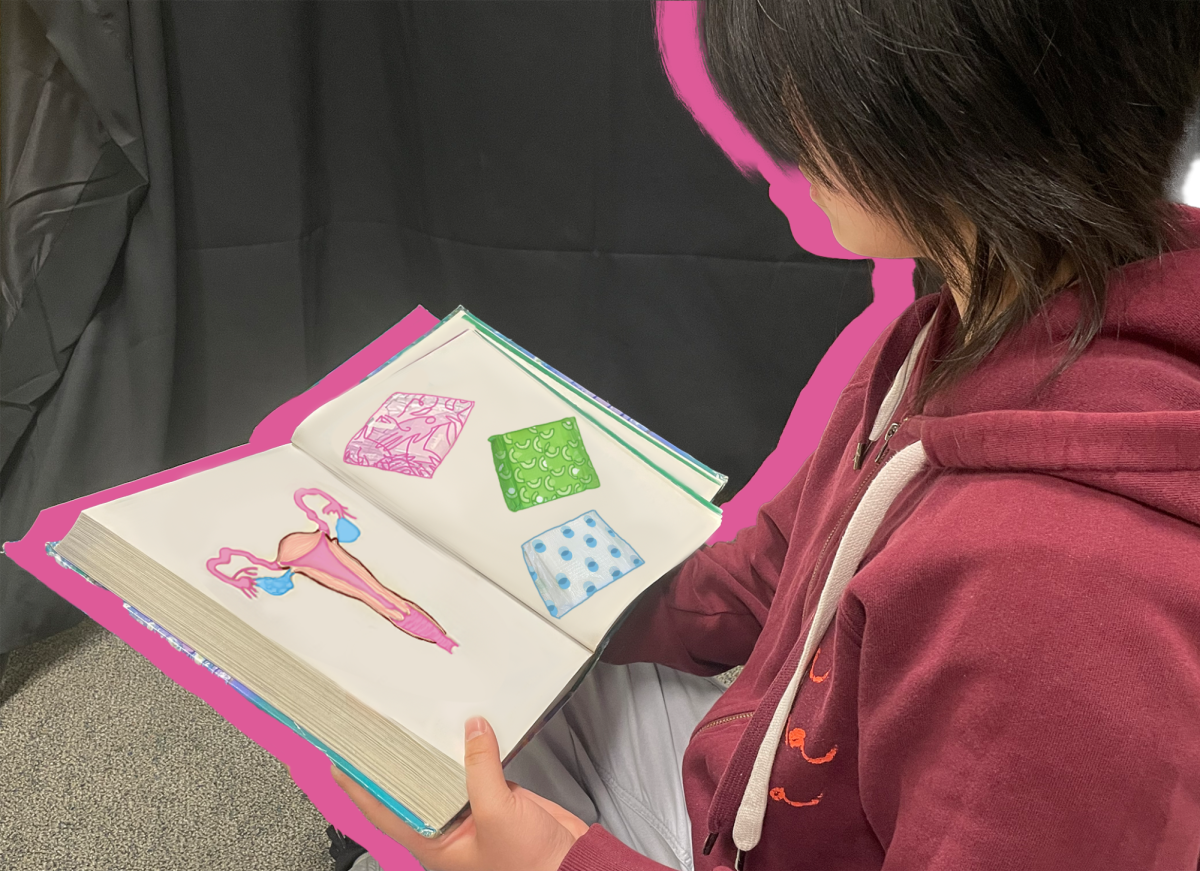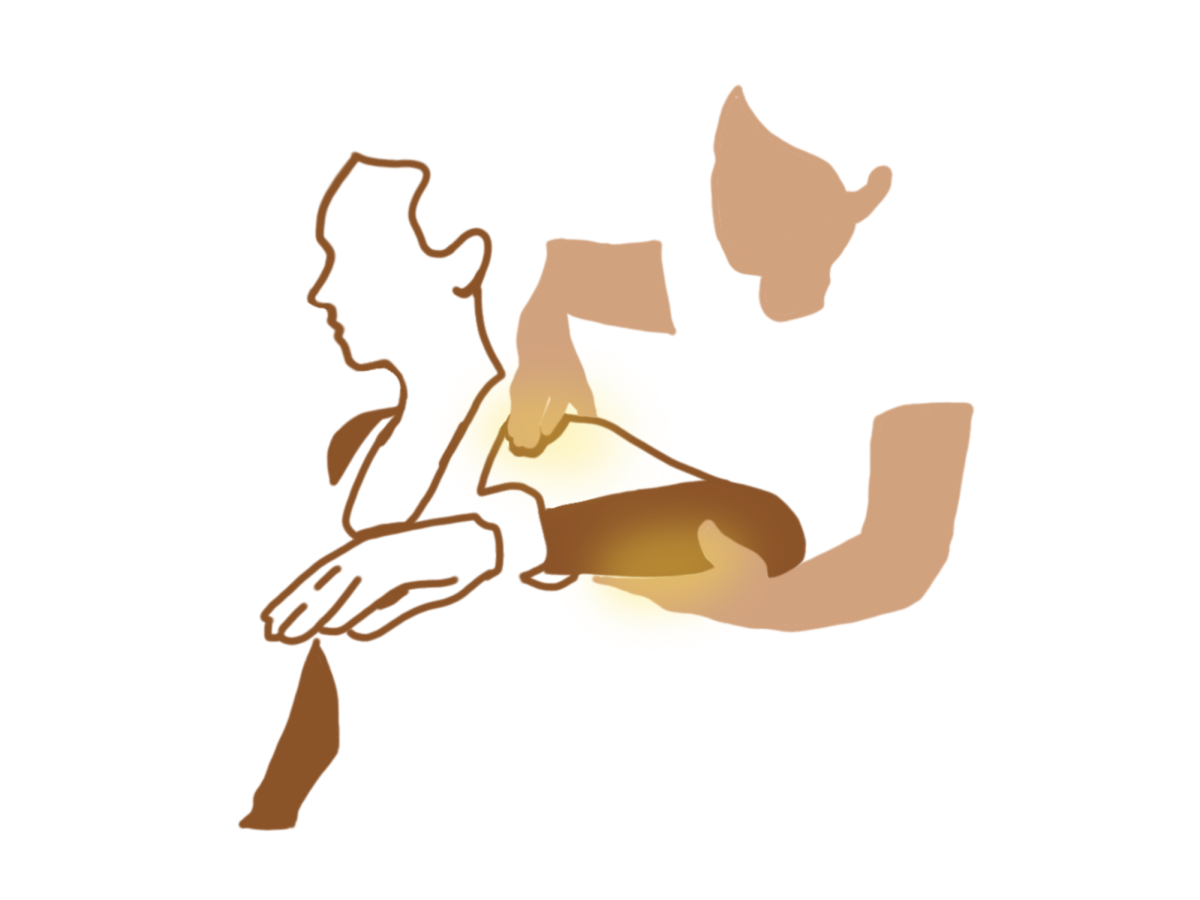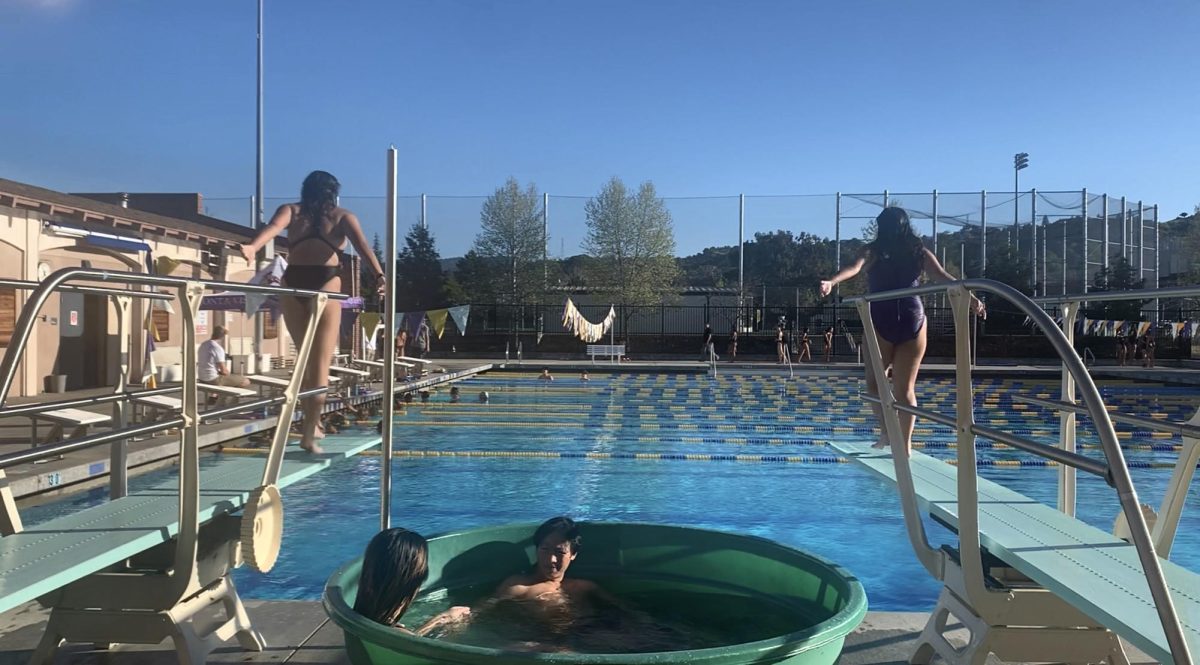On the desk in student advocate Richard Prinz’s office lies the 2007 article “This is Your (Father’s) Brain on Drugs” by Mike Males. There is another book, “Yes, Your Teen is Crazy” by Michael Bradley. The most recent addition to his pile is National Geographic’s issue on the teenage brain.
Biology teacher Renee Fallon, who is mother to a freshman in college and a senior at Palo Alto High School, has also read the National Geographic article. “We know that a lot of neuronal change are being made during the teenage years,” Fallon said. “Massive changes.”
Studies show these changes occur in the prefrontal cortex, where logic and reasoning functions occur but where development is the slowest, something Prinz taught parents while discussing the science behind the teenage brain during his first parenting class of the year. The parenting class, which is held on Wednesdays from 5:30 to 7 p.m. in the school library, highlights improving relationships and fostering mutual respect between parents and their teenagers.
“What we’re doing [during the teenage years] is shaping out the brain,” Prinz said. “It’s like pruning.”
Maryam Ebrahimi, the mother of freshman Farmehr Chavosh Akbari, attended Prinz’s class on the teenage brain. Despite the stereotypical teenager’s impulsive behavior , she still believes that teenagers are more analytical and perceptive.
“They really know more than me,” Ebrahimi said. “[When I was younger] we just listened to parents and believed them. But here they’re more open-minded about what they do.”
Prinz believes that teaching parents about the teenage brain allows parents to become more compassionate when speaking to their teens and to not get so worked up or excited. Still, he warns to be careful about reading too much into the science.
“Theories are theories,” Prinz said, “and theories are only helpful depending on what kind of effects that they produce.”
Parents of teenagers like Fallon and Ebrahimi recognize this. When asked whether they would change their parenting styles because of greater understanding of the scientific reasons for teenage behavior, both said they would not.
“As a parent of teenagers, you’re trying to balance giving your child freedom,” Fallon said, “while still providing the support and guidance.”
Ebrahimi agrees and emphasizes Prinz’s focus on developing positive experiences for teens.
“If we make a good friendship with [our teenagers],” Ebrahimi said, “then we can learn from them, and they can [learn from us].”



















